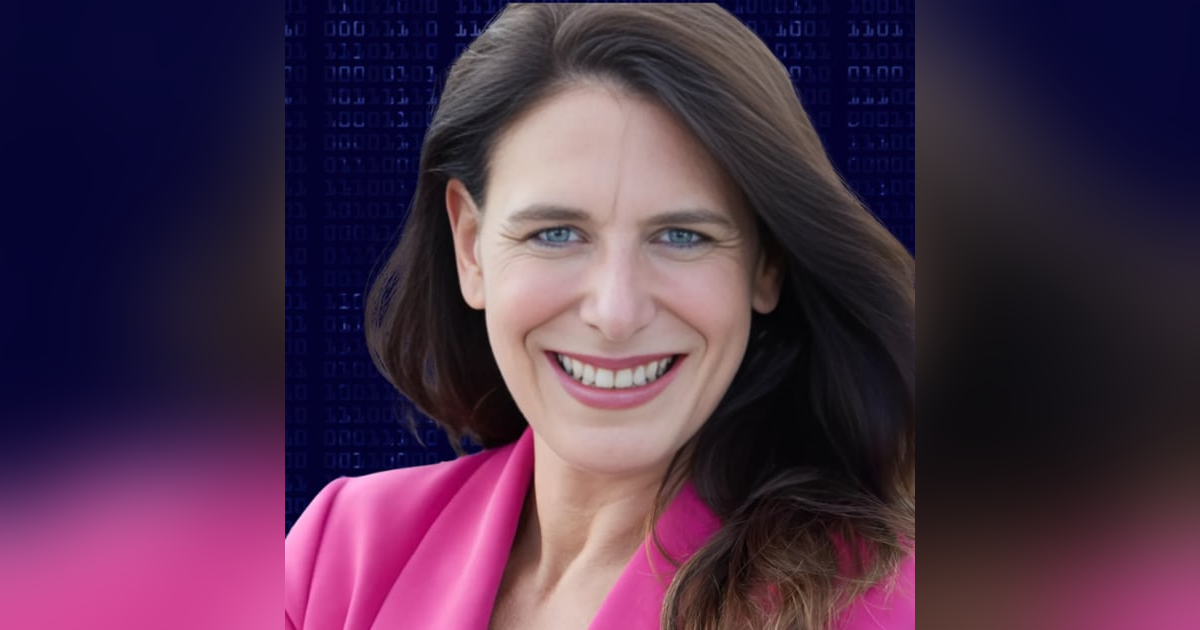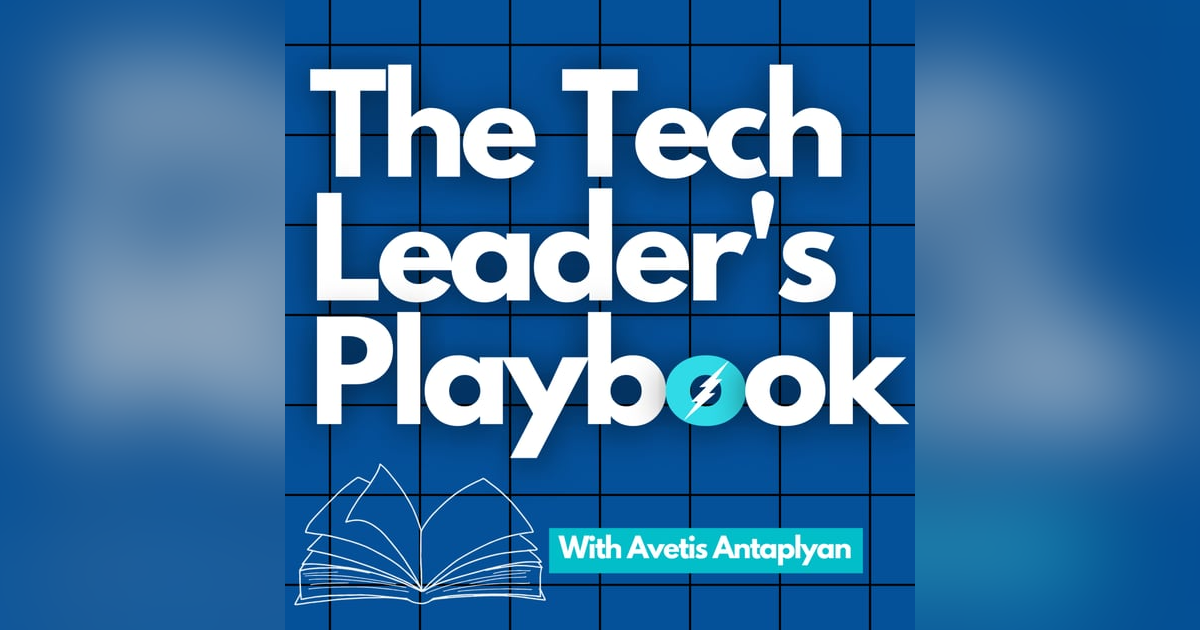The Myth of Work-Life Balance, and What to Do Instead

In this episode of The Tech Leader's Playbook, Avetis Antaplyan sits down with Michelle Niemeyer, a former high-powered attorney turned burnout expert, certified health coach, and creator of The Art of Bending Time. With 33 years in law and a personal journey of reinvention, Michelle shares her path from the pressures of litigation and entrepreneurship to becoming a sought-after advisor on sustainable leadership and resilience.
The conversation dives into the pitfalls of chasing “work-life balance,” why multitasking drains focus, and how leaders can prevent burnout by fueling themselves physically, mentally, and emotionally. Michelle explains how her health challenges and professional burnout led her to develop frameworks that help leaders align their goals with what truly lights them up. From her innovative SWORD analysis for goal setting, to practical strategies for reclaiming focus and accepting help, Michelle offers actionable insights that challenge traditional productivity thinking.
Leaders will come away with fresh perspectives on integrating personal and professional life, the hidden costs of micromanagement, and why bending time isn’t about managing minutes, but about living with purpose, clarity, and energy.
Takeaways
Burnout often stems from chasing “work-life balance,” which can separate people from their whole selves.
Leaders thrive when they integrate passions and strengths from different areas of life into their work.
True productivity requires physical and mental health: quality sleep, nutrition, and consistent movement.
The lymphatic system depends on physical activity — sitting too long allows toxins to build up.
“Bending time” means focusing on what fuels you rather than squeezing more hours out of the day.
Multitasking is a myth — it decreases focus, increases mistakes, and prolongs tasks.
Removing notifications and delegating tasks clears mental space for deep, high-value work.
Leaders must avoid micromanagement and trust their teams to develop and excel.
The SWORD analysis (strengths, weaknesses, opportunities, risks, and desire) emphasizes whether goals are truly worth pursuing.
Accepting help is not a weakness; it builds connection and accelerates progress.
Personal and professional networks can be blended intentionally to open new opportunities.
Micro-moments of joy — a walk, a cup of coffee, or celebrating small wins — can prevent burnout more than long vacations.
Chapters
00:00 The myth of work-life balance
00:39 Introducing Michelle Niemeyer: From law to burnout coach
02:21 Early career in law and frustrations with the system
04:34 Burnout and the dangers of “work-life balance”
07:57 Bringing your whole self into work and life
09:31 Health coaching, lifestyle changes, and the lymphatic system
11:34 Discovering autoimmune disease and the shift to health coaching
15:44 Creating The Art of Bending Time framework
19:34 Micromanagement, delegation, and team empowerment
22:10 Why notifications and constant availability hurt focus
27:02 Rituals for winding down and mental clarity
29:54 Clarity, joy, and finding sparks in daily life
31:19 SWORD analysis explained and the role of desire
35:11 Letting go of outdated or inherited goals
38:44 Blending personal and professional networks
43:05 The importance of asking for and accepting help
49:48 Leadership, teamwork, and accountability
50:56 Michelle’s favorite book and final reflections
52:15 The power of daily sparks and micro-moments of joy
56:28 Closing thoughts and community resources
Michelle Niemeyer’s Social Media Links:
https://www.instagram.com/michelle_niemeyer_wellness/
Michelle Niemeyer’s Website:
https://www.michelleniemeyer.com/
Resources and Links:












